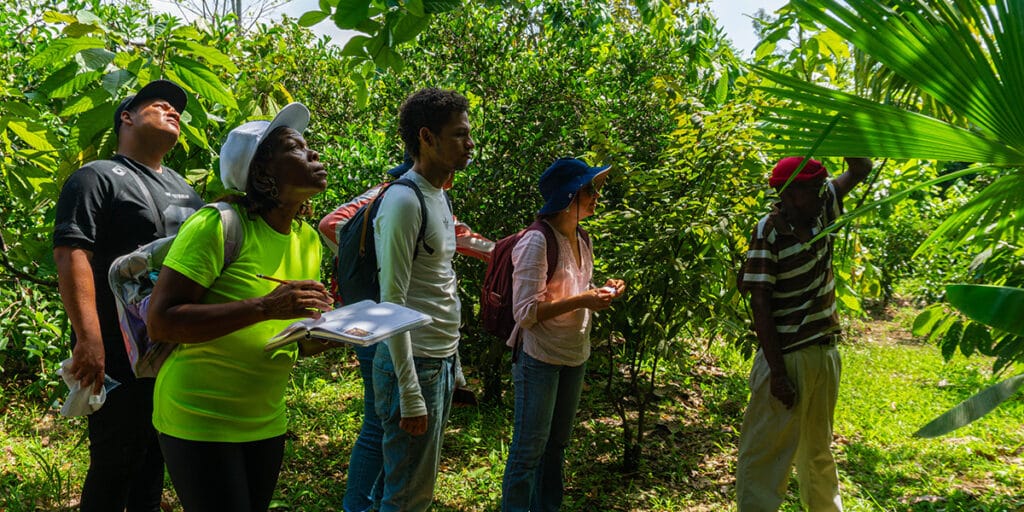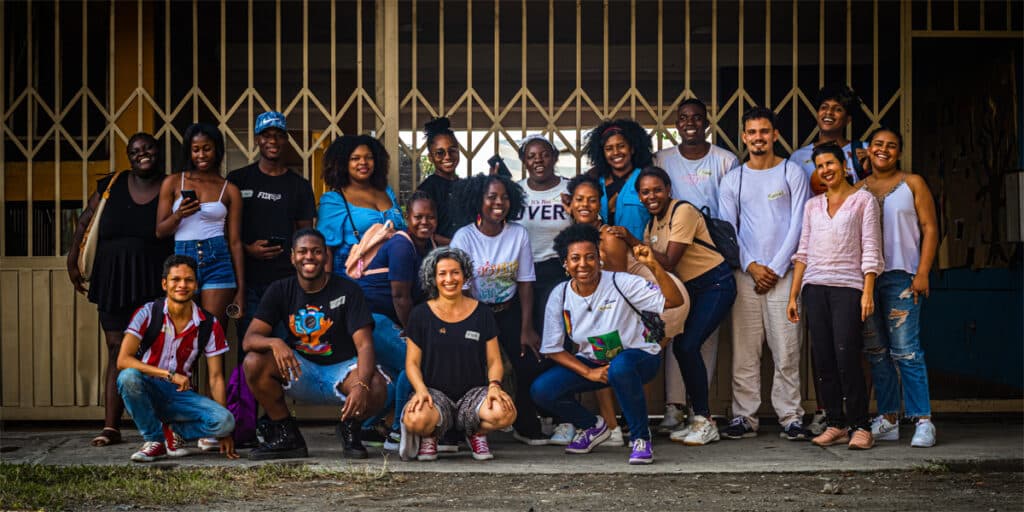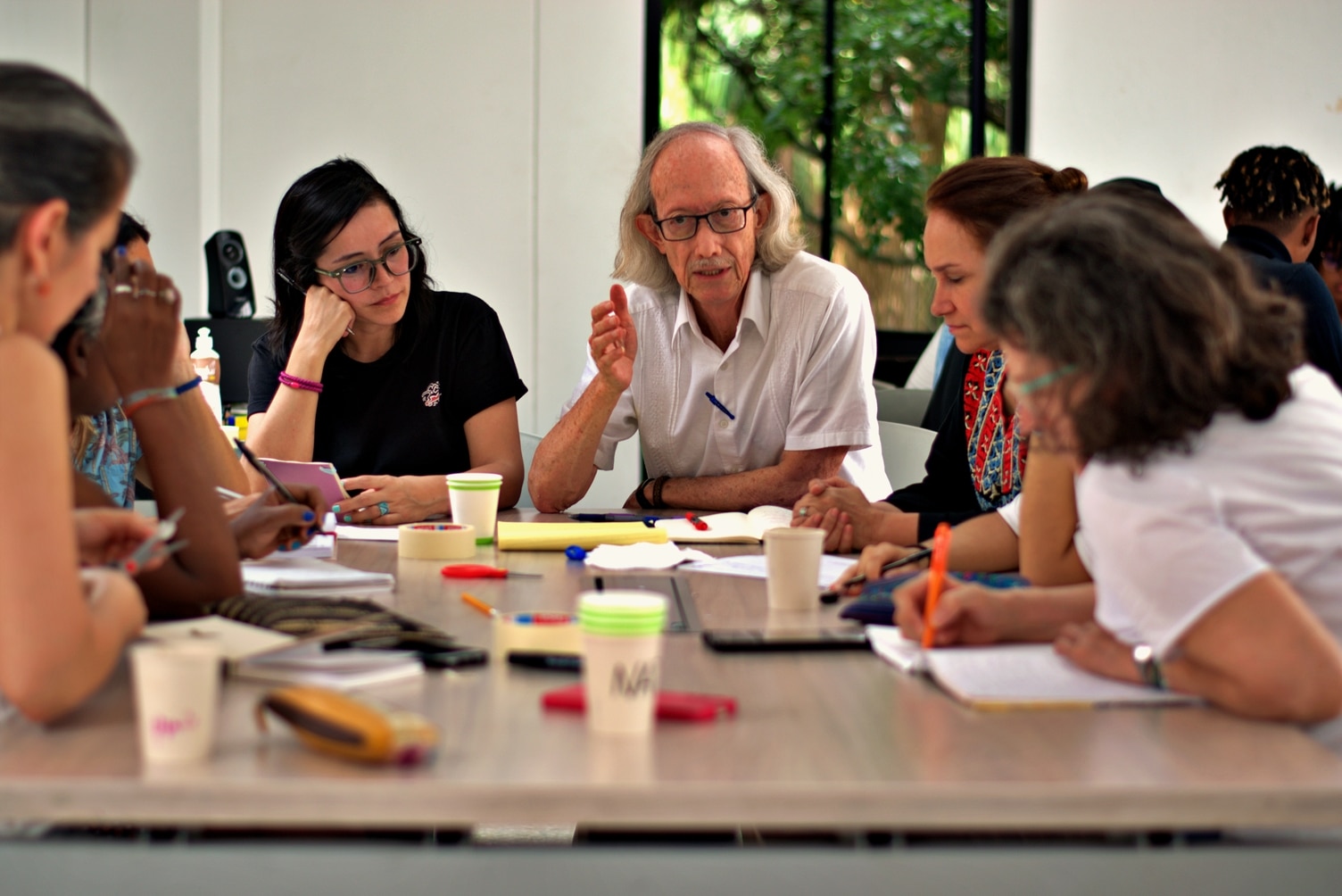Luce’s Interim President, Sean Buffington, recently spoke with Arturo Escobar, the Principal Investigator of the Asociación Cultural Casa del Niño, who is leading a transformative movement in Colombia’s Upper Cauca River Valley. Arturo Escobar’s life has been a journey of exploration and transformation centered on the question: How can communities mobilize to create a better future for themselves, primarily when the dominant forces of globalization often work against them? Watch the engaging interview below.
The Challenge
In Colombia’s Upper Cauca River region, environmental degradation, social inequality, and economic exclusion have disproportionately affected Afro-Colombian and Indigenous communities. These communities are now reclaiming agency and fostering resilience through self-defined knowledge and sustainable development.
Why This Initiative Matters
Co-supported by the Luce Foundation, this initiative shows how community-led development nurtures justice and democracy. It advances sustainable change rooted in autonomy and collective well-being by elevating local voices and diverse worldviews.

February 17, 2024. Eliécer Balanta. Finca Bajios I. Inquiries into the Afro-Food Corridor and the traditional farm. Villa Rica, Cauca.
Transforming Knowledge into Action
The project centers on “pluriversal territorial peace,” a pathway to democracy shaped by local knowledge and ecological responsibility. Key initiatives include:
- Restoring Ecological Balance: Communities reclaim water resources and improve soil health to counter industrial agriculture’s toll.
- Building Economic Resilience: New food systems empower Afro-Colombian farmers, fostering community-centered economies.
- Affirming Justice and Identity: The project validates diverse knowledge systems and celebrates cultural heritage as vital to resilience.
Community Partners in Action
The work is deeply collaborative, and Escobar stressed that the communities themselves drive these efforts. “This is not an academic project,” he clarified. “The main goal is to contribute to strengthening these communities in very practical terms…We do things collectively.”
Core partners include:
- Asociación Casa Cultural El Chontaduro (ACCC): Empowers Black women and youth in Cali through education and creative expression.
- Asociación de Consejos Comunitarios de Suárez (ASOCOMS): Supports displaced rural communities, advocating for local autonomy.
- Cultural Casa del Niño y la Niña (ACCN): Protects Afro communities’ rights in northern Cauca and southern Valle del Cauca.
Building Foundations for the Future
The current grant period focuses on:
- Fostering Sustainable Networks: Strengthening collaborations among initiatives to create a regional network for future growth.
- Building Community Narratives: Using digital media and storytelling to celebrate local knowledge and aspirations for justice.

A Global Model for Community-Led Change
Arturo Escobar’s work in the Upper Cauca Valley is a model for how communities can mobilize to create their alternatives to globalized, extractive systems. Focusing on local autonomy, universal justice, and long-term commitment, Escobar and his collaborators are weaving a “tapestry of transitions” that can inspire similar efforts around the world.
“We do things collectively…and I think that’s the project’s ethos,” Escobar said. “Everybody learns from everybody else.” This approach to community mobilization—rooted in humility, plurality, and a profound respect for diverse ways of knowing—offers vital lessons for those working to create more just and sustainable futures across the globe.
Sign up for updates
Explore Themes and Ideas































































